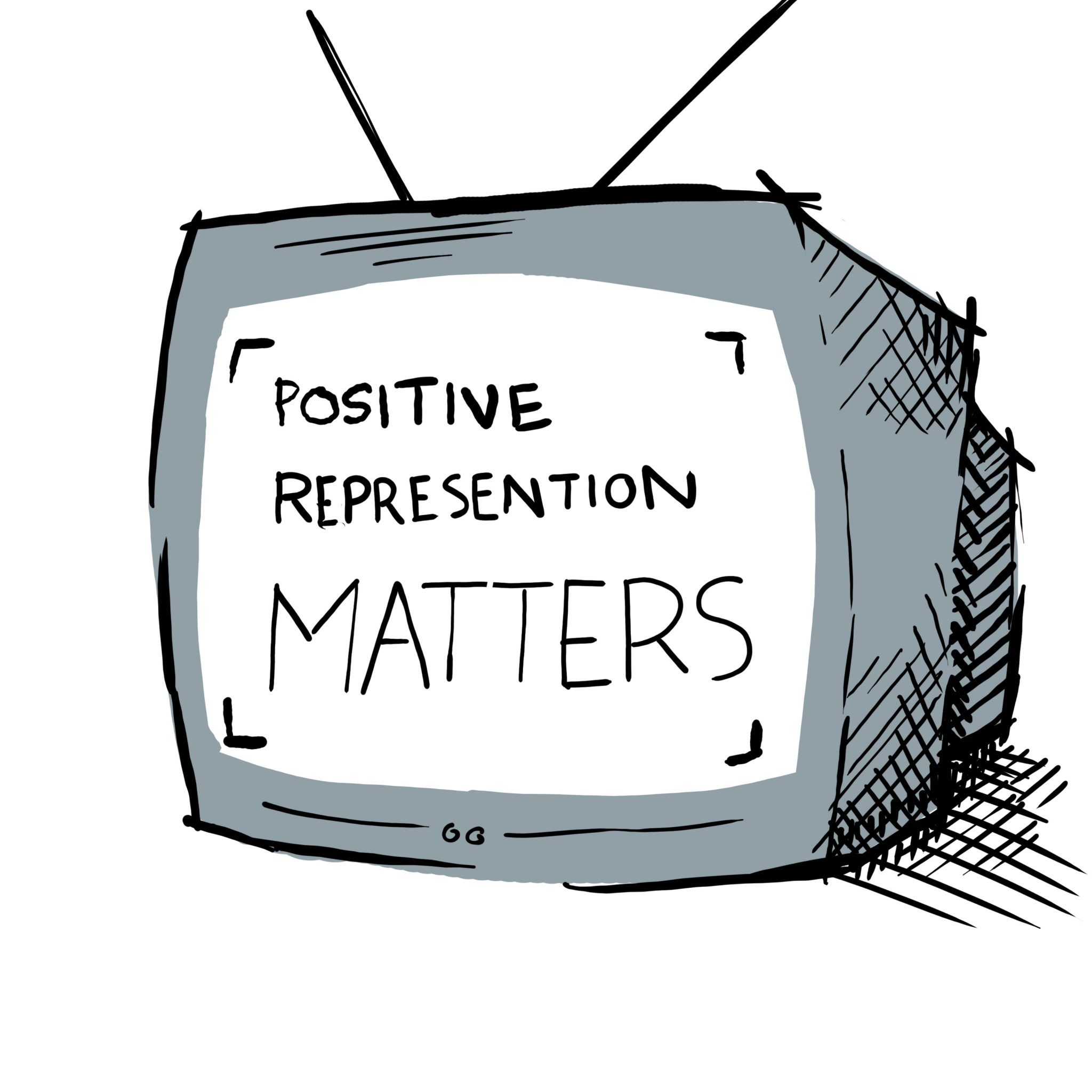Accurate portrayals of sexual assault on television are important


Since the end of May, BBC Casualty has been airing a storyline surrounding sexual assault involving two of the main characters.
Casualty has been running for over 30 years and has often tackled hard-hitting content, but sometimes misses the mark. When it was announced that the show would be airing this specific storyline, myself and multiple other viewers were concerned about how they would handle it.
While it was fair to be concerned, the show has made all of these worries vanish. They have handled it extremely well.
The first thing they did that is extremely important in airing storyline surrounding sexual assault is making viewers aware long before the episode begins. Articles announcing the storyline were published at the beginning of May. Viewers were also made aware of the length of the storyline, which is six episodes.
The show-runners and writers worked closely with Rape Crisis England and Wales while writing the episodes to ensure accuracy as well as sensitivity. Actress Chelsea Halfpenny, who plays the victim, Doctor Alicia Munroe, worked with them as well.
The storyline itself is unique and handled very well. Sexual assault and rape tend to be very similar stories across TV shows, but Casualty’s story is different.
Over a few episodes, the traumatized doctor continues to work, but struggles emotionally. She begins to realize that she didn’t consent to the sexual activity between her and her attacker. After confiding in a friend, and her friend defining what happened, she talks to a therapist.
Casualty’s storyline has instead empowered and encouraged multiple sexual assault and rape victims to come forward and acknowledge what has happened to them.
Initially, she makes the decision not to tell the police. Her friend is concerned, but does not try to change her mind. After a confrontation between her friend and her attacker, she changes her mind.
The next episode features her speaking to the police about what exactly happened. We find out during this episode that the victim had gotten drunk with her attacker and initiated a kiss between the two of them. We also find out that she had consented to previous sexual activity.
She then recounts waking up and saying that he was having sex with her and she said “no.” While this is happening, her attacker is also being interviewed and insists that the sex they had was consensual. The victim asks her interviewer if she believes her, and the interviewer says “yes.”
When the victim goes home for the day, her attacker shows up, breaking his bail. She has a very powerful and empowering moment where she confronts him about what happened. She calls him a rapist, and reminds him exactly what happened between the two of them.
This storyline also features the victim’s coworkers rallying around her and supporting her, while her attacker gets suspended from his job. After every episode airs, viewers are given a phone number and a URL they can connect with if they are struggling with something similar to what’s happening on the show.
Casualty is a soap opera, and when it’s held up against other soaps like Coronation Street and Emmerdale, Casualty’s storyline feels real and raw in comparison, while also being sensitive and avoiding stereotypes.
To compare, Emmerdale recently featured one of their male main characters being too drunk to consent to sex. A female character took advantage of his status, but the show never acknowledged that what happened was rape. The way they handled it concerned and offended multiple viewers.
Casualty’s storyline has instead empowered and encouraged multiple sexual assault and rape victims to come forward and acknowledge what has happened to them.
With this storyline, Casualty has truly set a precedent for how rape and sexual assault should be handled in media. It breaks the stereotypical mould of how rape is portrayed, showing viewers that rape is not cookie cutter and that consenting once doesn’t mean consenting again.
TV needs more honest and unique portrayals of rape, and I’m glad Casualty has taken the first step to telling these stories in an encouraging and real way.


